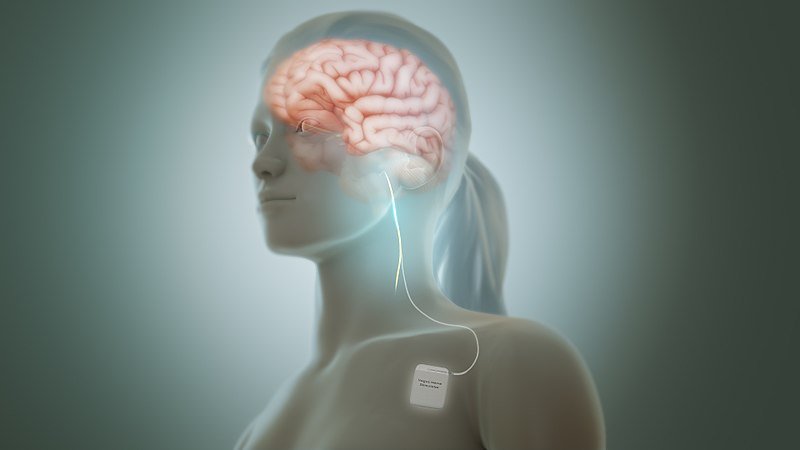The field of medical science has made significant strides over the years, with Vagus Nerve Stimulation (VNS) emerging as a groundbreaking therapy. Initially developed to treat epilepsy, VNS has since expanded its applications to include treatment-resistant depression (TRD) and other medical conditions. This technology has transformed lives by offering hope to patients who do not respond to traditional treatments.
What is Vagus Nerve Stimulation?
Vagus Nerve Stimulation involves delivering mild electrical pulses to the vagus nerve, a critical component of the autonomic nervous system. The vagus nerve regulates several bodily functions, including heart rate, digestion, and respiratory activity. By modulating its signals, VNS devices influence neural pathways connected to conditions like epilepsy and depression.
Applications in Healthcare
- Epilepsy Management:
Epilepsy affects millions worldwide, and VNS has become a cornerstone for managing drug-resistant cases. Clinical studies reveal that VNS can reduce seizure frequency by 20-50%, significantly improving the quality of life for many patients. - Treatment-Resistant Depression (TRD):
TRD is a debilitating condition where patients fail to respond to conventional treatments. VNS offers an alternative by stimulating brain areas responsible for mood regulation. Over time, patients report improvements in symptoms, often achieving long-term stability. - Emerging Applications:
Research is exploring VNS for other conditions like migraines, obesity, and even Alzheimer’s disease, making it a versatile therapeutic tool.
Benefits and Challenges
The primary advantage of VNS lies in its ability to offer long-term benefits with minimal systemic side effects. However, challenges include the high cost of devices and the surgical implantation required for traditional systems. These limitations are being addressed by the emergence of non-invasive VNS technologies, which are more accessible and affordable.
Future Outlook
The future of VNS is promising, with advancements like wearable devices and AI-driven customization leading the charge. As research continues, VNS is poised to become a standard treatment option for a broader range of conditions, offering hope to millions.



